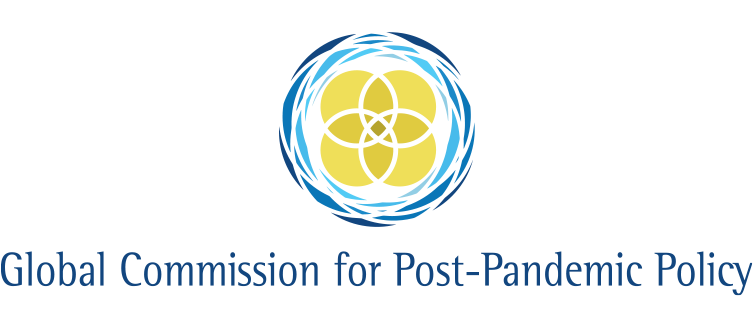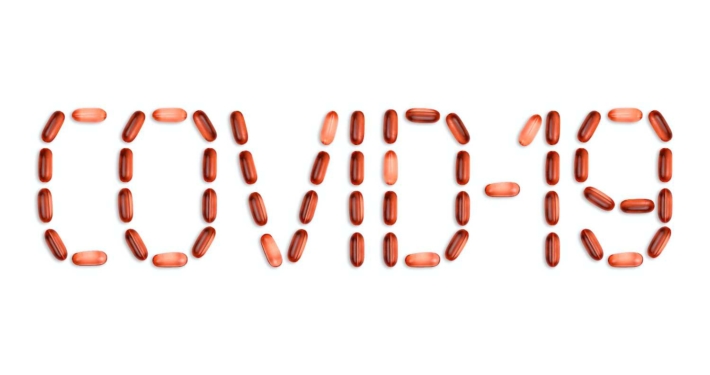The Pandemic, week to Jan 26th
Health
On January 20th, a total of 17,817 COVID-19 deaths were reported worldwide––yet another single day record. Newly recorded COVID-19 case-rates otherwise declined markedly this week. This trend was driven by strong improvements in Europe and the United States, and a stabilising situation in Latin America. Among the biggest exceptions remain Spain and Portugal, where case-rates continue to climb rapidly.
In India, the government announced that it would be donating vaccine doses to neighbouring countries, namely Bangladesh, Bhutan, Myanmar, Nepal, the Seychelles and the Maldives. The vaccine––known as Covishield locally––is produced under licence from the pharmaceutical company AstraZeneca and the University of Oxford and manufactured locally by the Serum Institute of India, the world’s largest vaccine producer.
In the United Kingdom, by January 24th more than 7 million people––around one-tenth of the country’s population––had received the first dose of a COVID-19 vaccine. Nevertheless, case-rates remain high and the country’s National Health Service is straining under the pressure. On January 26th Prime Minister Boris Johnson announced that the country’s death toll from COVID-19 had passed 100,000, with total excess deaths even higher; the UK has now overtaken Italy as the large country with the world’s highest death toll as a share of population, but remains behind Belgium on this measure.
At least two American companies and a group of Russian researchers are racing to produce a COVID-19 vaccine for mink. Like humans, mink are susceptible to infection with SARS-CoV-2––the virus that causes COVID-19––but experience a much more deadly form of the illness. The veterinary pharmaceutical giant Zoetis and Megdene Labs––a small company of about 35 employees––are each in the testing phase for the animal vaccines to prevent infection in the weasel-like animals. The companies hope to receive approval from the United States Department of Agriculture in the coming months.
Economy
The International Monetary Fund published updated economic forecasts projecting global growth of 5.5% in 2021, 0.3 percentage points faster than in their October outlook. The United States and Japan are expected to regain their end-2019 levels of output during late 2021, but the euro-zone and the UK will not do so until 2022. Relative to the IMF’s pre-COVID forecasts, the United States’ GDP in 2022 is predicted to be the closest to its pre-pandemic trend, ahead even of China.
In the United States, President Joe Biden issued a series of Executive Orders targeting a series of immediate economic relief measures. To address a growing hunger crisis facing 29 million Americans the U.S. Department of Agriculture is ordered to consider expanding and extending federal nutrition programs. The Treasury Department is ordered to focus on getting relief to 8 million Americans who still have not received existing financial assistance to which they are entitled. The U.S. Department of Labour is also expected to clarify that workers who refuse unsafe working conditions are still eligible to receive unemployment insurance.
In Europe, Christine Lagarde––President of the European Central Bank––announced that incoming economic data, surveys and high frequency indicators suggest that the European economy likely contracted in the final quarter of 2020. The drop was driven by the dramatic October resurgence in COVID-19 infections across the continent and the consequent restrictive measures imposed to contain it. The same phenomena are expected to continue to weigh on activity in the first quarter of 2021, said Lagarde.
In Australia, the Australian Bureau of Statistics released the country’s December jobs data. The unemployment rate fell to 6.6% for the month––down 0.2% from November. That means that nine-out-of-ten jobs lost in Australia during the initial COVID-19 economic shock between March and May had been recovered by January 1st 2021. Financial markets in the country responded strongly to the news.
Politics
This weekend marked the one-year anniversary of lockdown measures in the city of Wuhan in Hubei province, China––the first city to be ravaged by COVID-19. The initial attempts by the government to conceal the outbreak pushed the Chinese Communist Party toward the brink of its biggest crisis of legitimacy in decades. In the year since, the Chinese Communist Party’s control of the narrative has become absolute, however. The New York Times reports in more detail.
The European Commission, along with member states’ governments including Italy’s, is threatening legal action against the American pharmaceutical giant Pfizer and the British-Swedish firm Astra-Zeneca over delays in vaccine delivery. Both firms have reported production delays, in Pfizer’s case thanks to retooling a manufacturing plant in Belgium, but in Astra-Zeneca’s due to so far unspecified reasons. The EU Commission has talked of imposing transparency requirements or even export restrictions on vaccines produced within the EU, to prevent diversion of supplies. Pascal Soriot. Astra-Zeneca’s CEO, told Politico that the supply delays had occurred because the EU and member states had been three months behind the UK in placing orders, and because licensed producers in the EU were achieving lower yields of the vaccine’s base material as they were less experienced in vaccine production. Soriot said his firm’s contractual commitment was to make its “best effort” to meet demand rather than to fulfil a particular delivery schedule.
In Mongolia, protests in Ulaanbaatar––the country’s capital––over the treatment of a COVID-19 patient have led to the resignation of Prime Minister Khurelsukh Ukhnaa, as well as Mongolia’s Deputy Prime Minister and Health Minister. Last week, a video was widely circulated showing a young woman and her newborn baby being hastily ushered from a hospital to a quarantine facility after testing positive for COVID-19. The women was still in her nightgown and slippers.
Photo by Edwin Hooper on Unsplash
GCPPP Newsletter
We now publish a weekly newsletter to inform friends and supporters of the Global Commission’s progress and to provide updates when new content is published. Please sign up here:


 Volodymyr Hryshchenko, Unsplash
Volodymyr Hryshchenko, Unsplash
 Adam Nieścioruk, Unsplash
Adam Nieścioruk, Unsplash
 visuals, Unsplash
visuals, Unsplash

